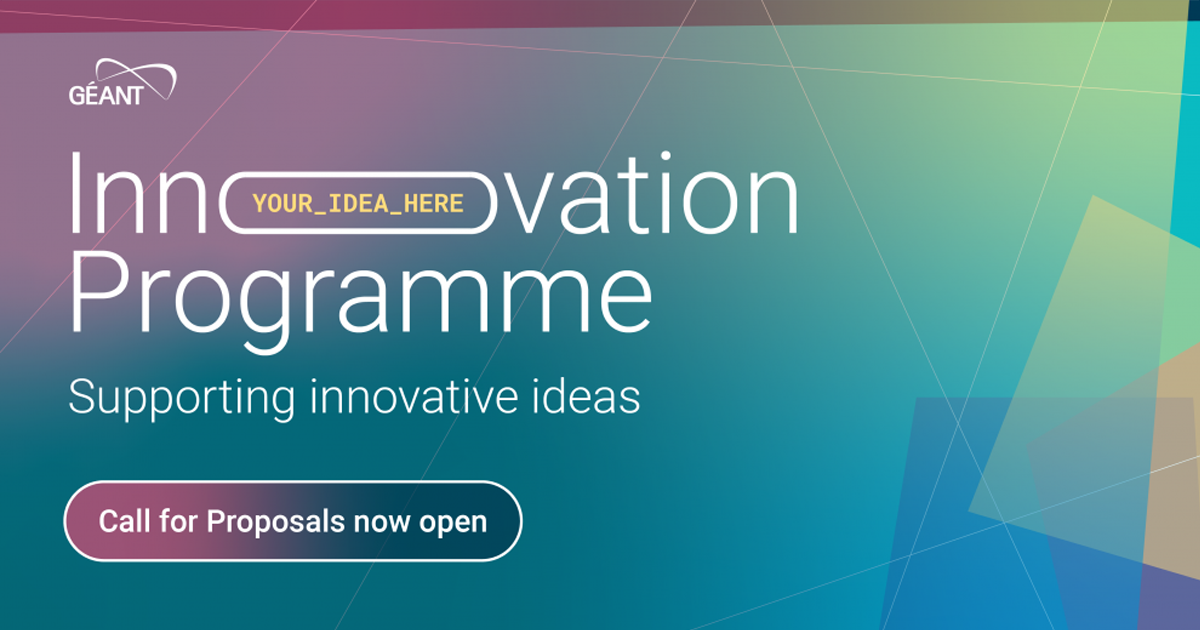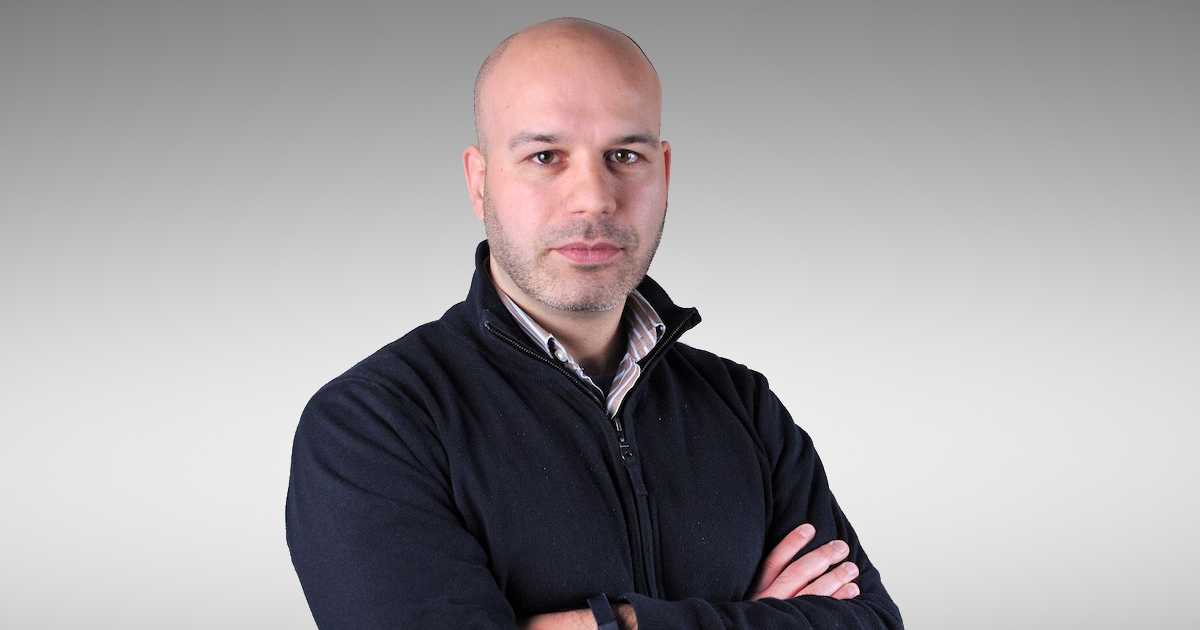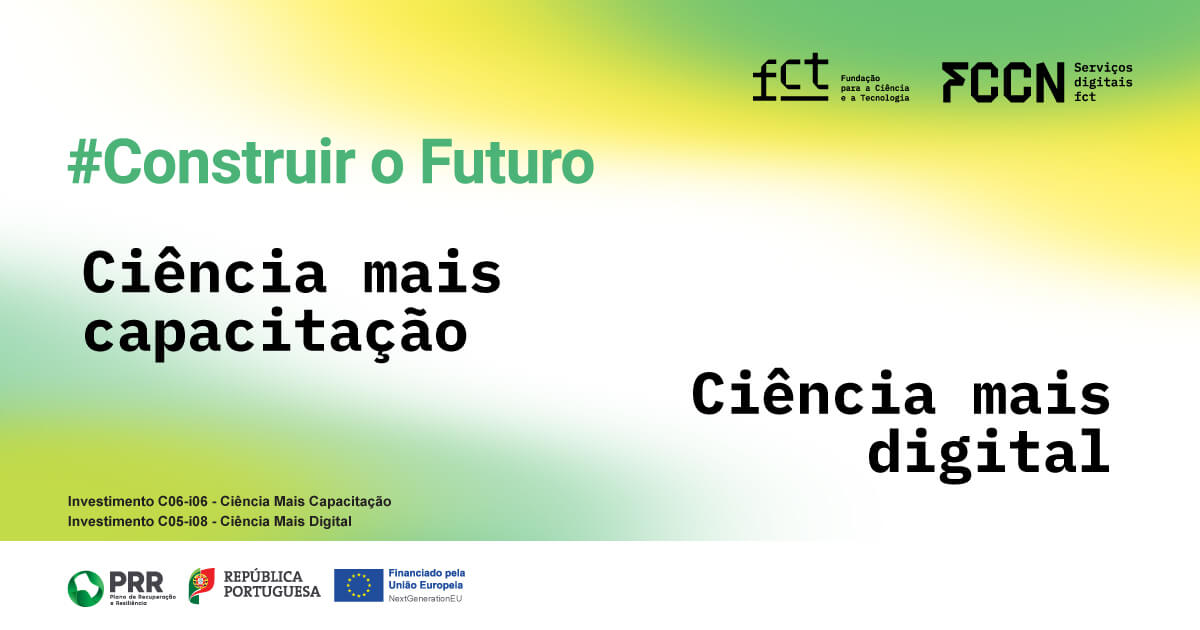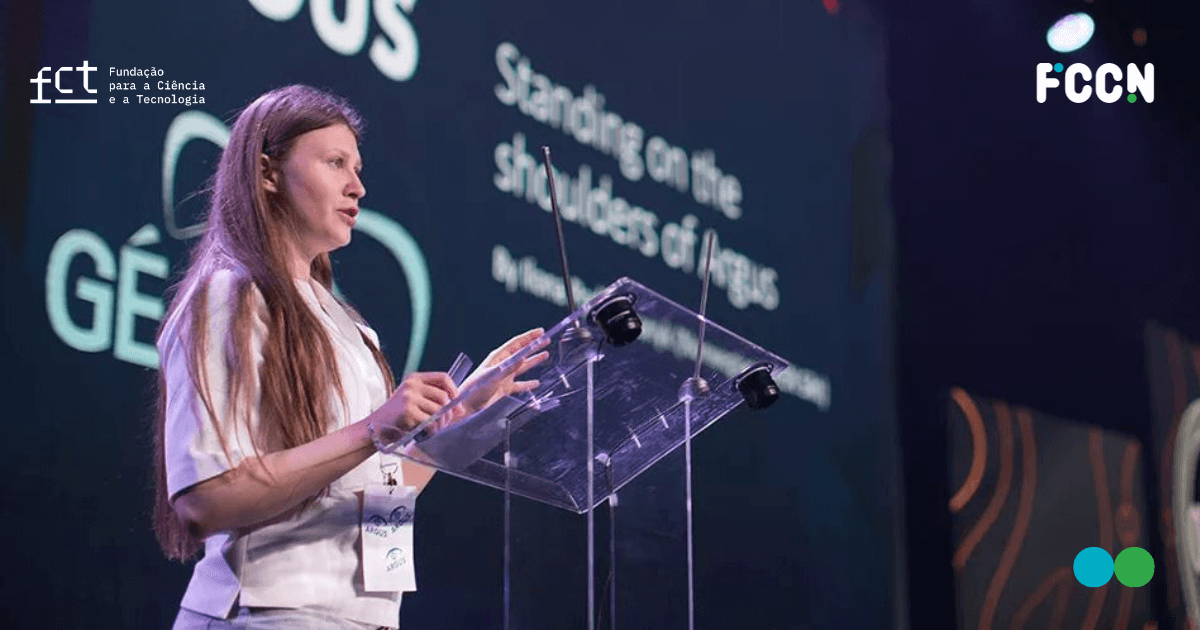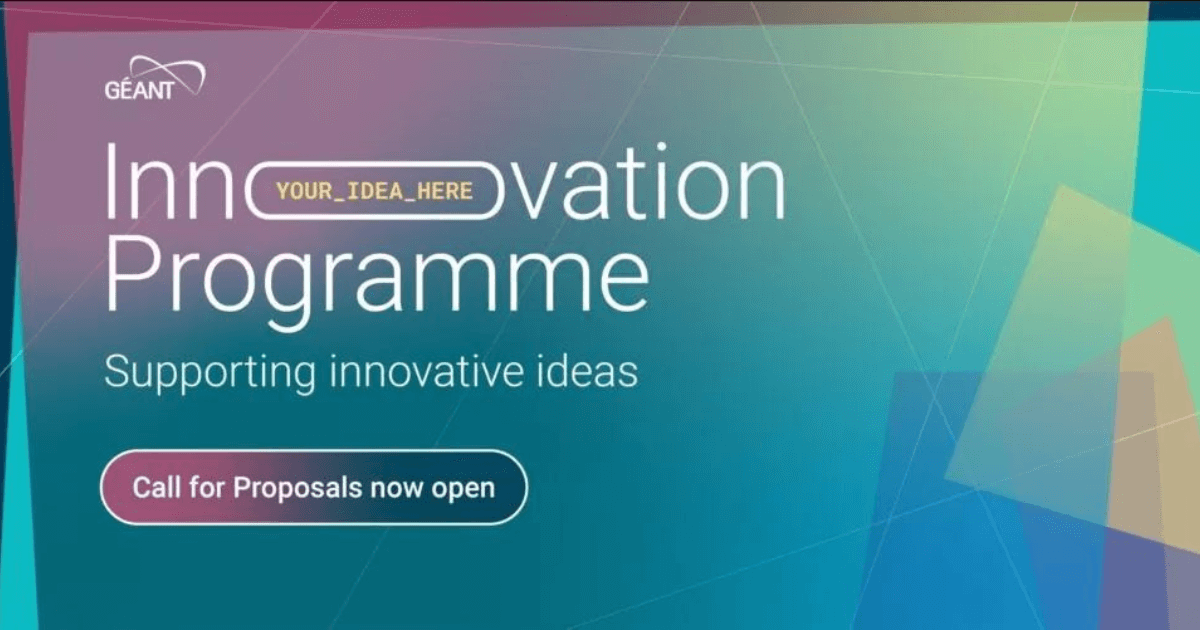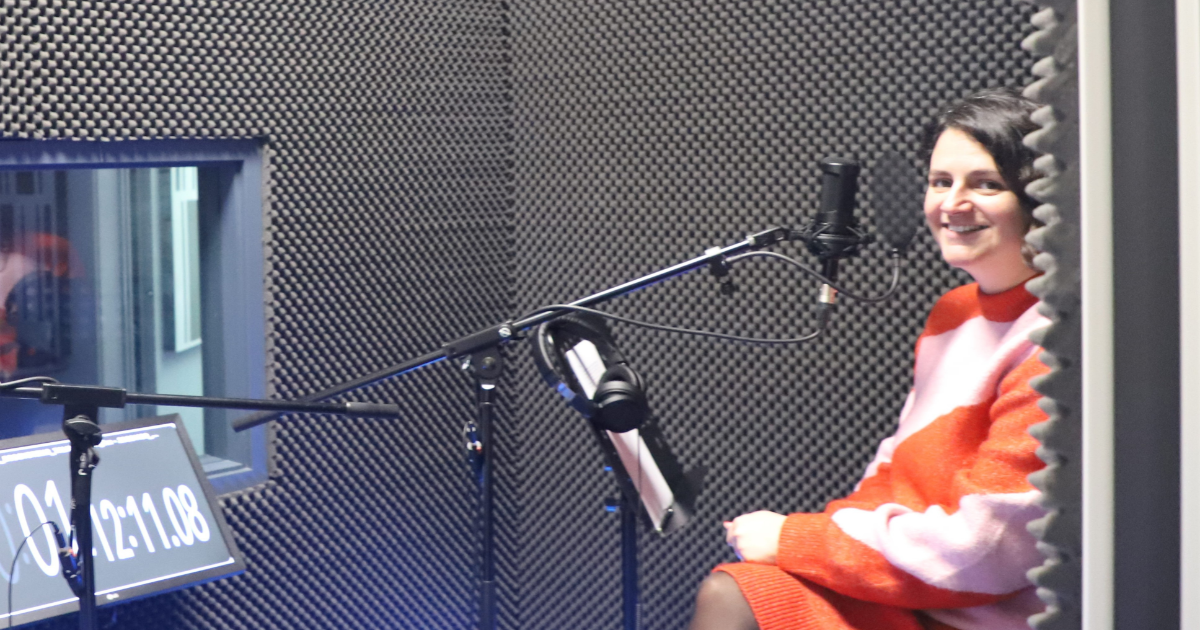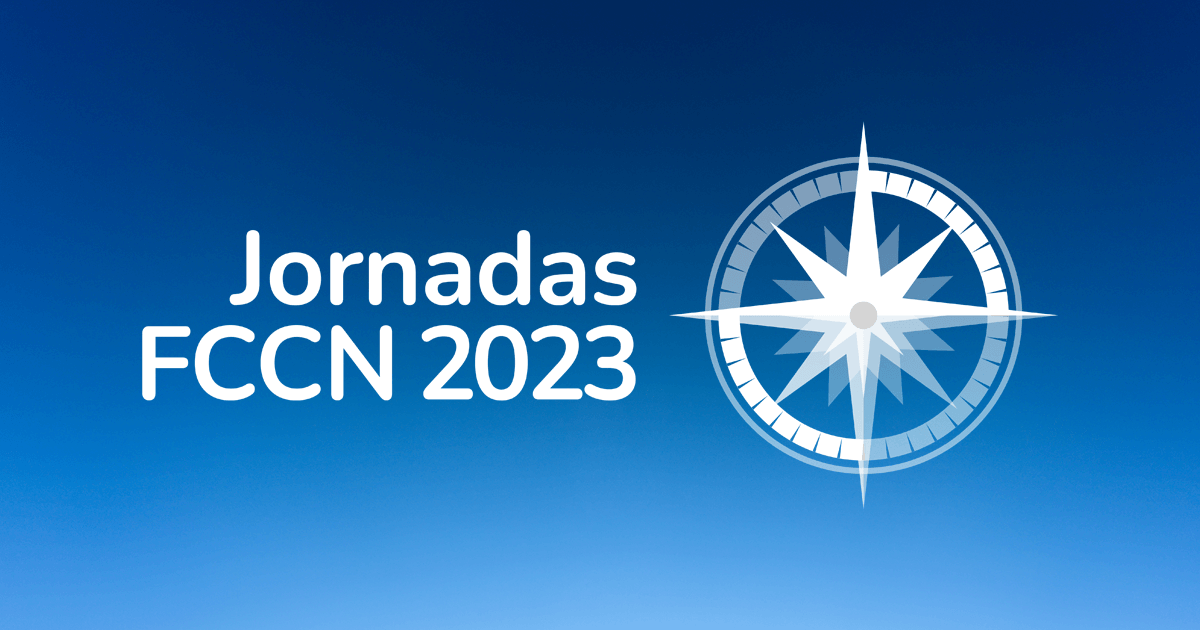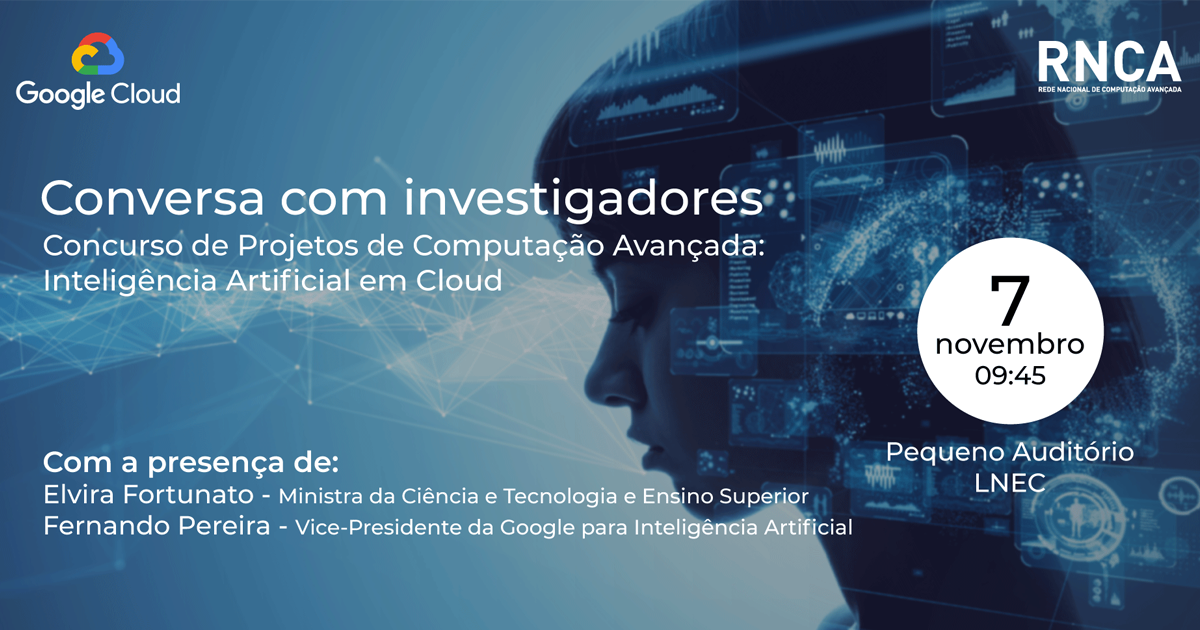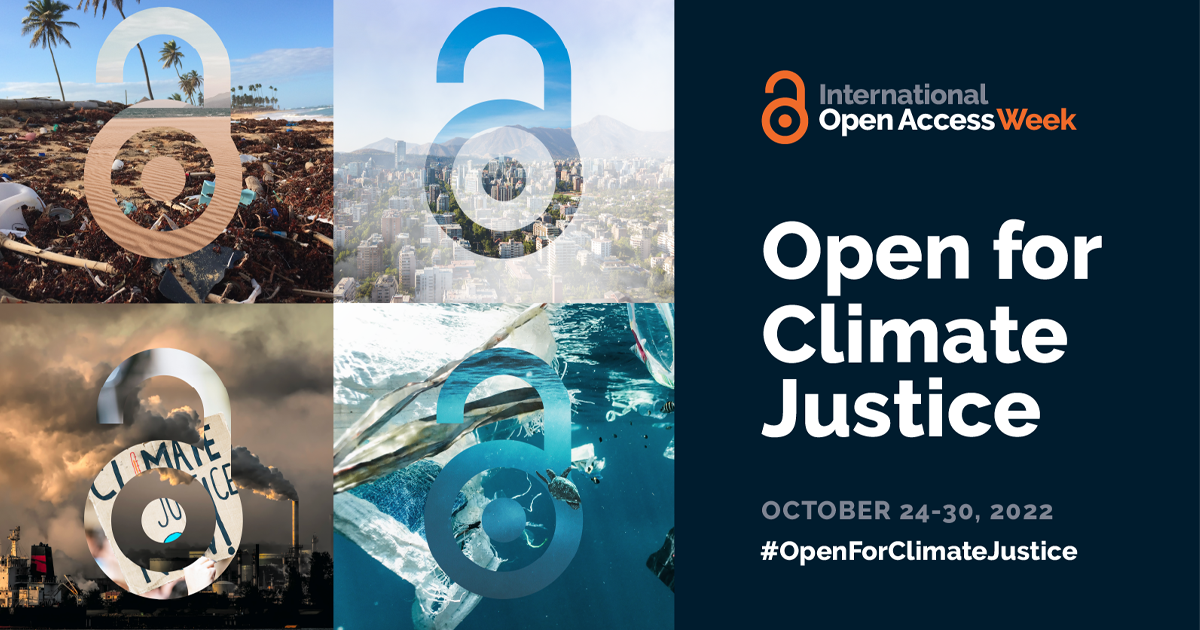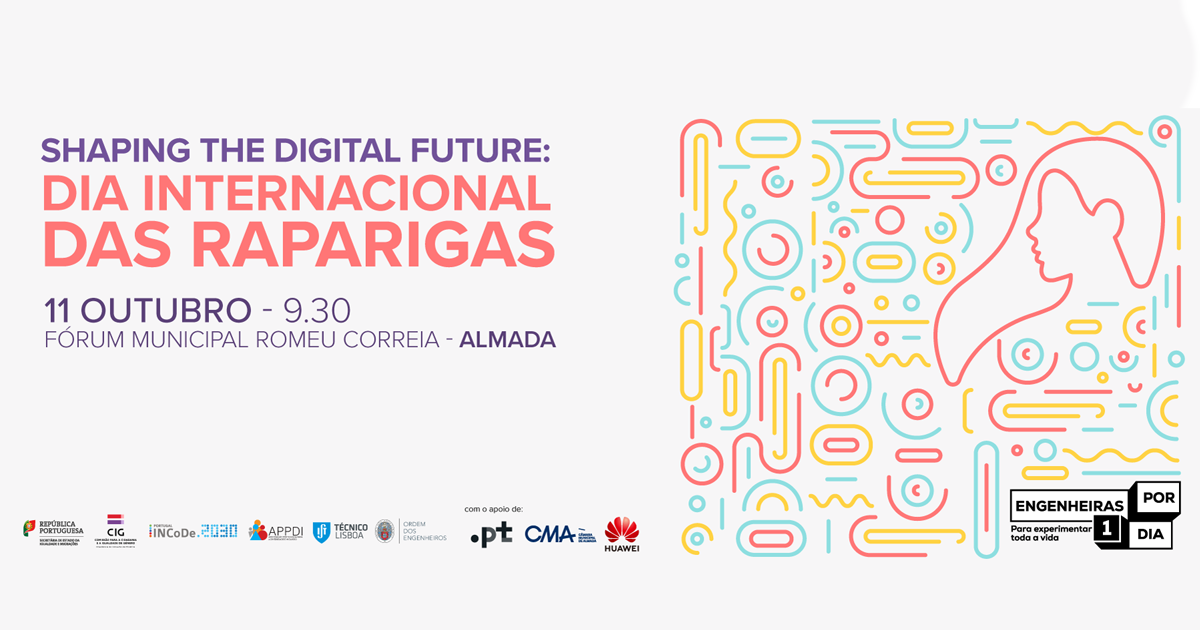GÉANT sought to stimulate the emergence of innovative solutions within its community with a new edition of the Innovation Program. Learn about some of the projects supported in 2022.
Over the years, the European Community of National Research and Education Networks (NREN) has already proven its innovative capacity several times over. The services eduroam, eduMEET or eduVPN are just a few examples. The goal of the GÉANT Innovation Program is precisely to support the development of innovative solutions within the European NREN network itself.
Following the success of the first edition, GÉANT launched the 2022 edition of the G ÉANT Innovation Programme on January 11. Once again, the initiative sets aside €300,000 in funding for specific projects carried out by its community - Europe's national research and education networks, as well as the entities they serve (universities, research institutes, and others).
The program is open to all areas of knowledge involved in the GÉANT community such as computer security, education, networking or cloud technologies. We bring you more information about some of the supported programs within each activity area. You can view the full list online.
Health
University of L'Aquila (Turin, Italy)
Artificial Intelligence-based Wireless Devices for Healthcare Application
This team from the University of L'Aquila seeks to address the growing number of age-related diseases by offering national health systems the possibility to "change their paradigm, reducing costs and, most importantly, offering senior citizens the possibility to receive continued and effective care.
To this end, the project seeks to develop electromechanical assistive devices that are not complex, expensive and non-reusable, nor that limit the free movement and posture of the users. In this way, the team of researchers from this Italian university has been working on the creation of intelligent evaluation, follow-up and monitoring systems for tele-rehabilitation, thus ensuring data that can revolutionize the paradigm of interpretation and sharing of the data collected by these devices.
Multimedia
Poznan Supercomputing and Networking Center (Poznan, Poland)
drawOnMeet - Drawing sharing in all eduMEET session videos
eduMEET was one of the creations that emerged within the GÉANT network, consisting of a videoconferencing service that allows the creation of multi-user rooms. The service's main goal is to provide the research, education, and arts communities with an alternative to commercial solutions, with an easy-to-use and secure videoconferencing service.
A team at the Poznan Center for Networking and Supercomputing is now developing an extension to eduMEET that allows all users to draw on any video stream within a videoconference, highlighting important parts and guiding the discussion. One of the differentiating factors of this solution is the possibility for any user to draw, in real-time, on the video stream shared by one of the participants. Those responsible for the project highlight the potential of this tool for teachers and speakers, guaranteeing that it will be made available free of charge.
Cloud Systems
Masaryk University (Brno, Czech Republic)
Connector for optimizing High Performance Computing connections
The main goal of this team from Masaryk University is to facilitate the integration of the task scheduling system most used by several national research education networks (PBSPro system) in High Performance Computing tasks. This new connection, the researchers explain, will increase the possibilities of data segmentation without the need to rewrite code.
In this way, this connector will enable new ways of integrating data from various storage points, as well as a simple way of performing authentication. The performance of this connector will be tested in real cases, and the final product, they add, will benefit research groups that want to use the best that High Performance Computing (HPC) has to offer.
Networks
Trinity College Dublin (Dublin, Ireland)
Education and Research Networks as a service for developing countries
The proposal of the Trinity College Dublin team has as a case study the creation of the future Cape Verdean education and research network, seeking to establish a mapping of solutions to be implemented, in a logic of sustainability fostered by the cooperation of the international community of NRENs. The researchers base their work on two main axes: the development of public services and infrastructures and the use of emerging paradigms such as overlay networking solutions, network functions virtualization (NFV) or open networking.
One of the main bets is also on combining low-cost broadband Internet access with cloud solutions that can host most network functionality operating in virtual form.
Education
Vytautas Magnus University (Kaunas, Lithuania)
SMART Campus - Building a campus based on digital key identifications
The goal of this Lithuanian team of researchers is to achieve better integration and usability of digital services for higher education institutions. This is achieved by reusing the digital identities of students and employees to create an improved user experience. Facilitating access to services and improving usage data analysis are some of the specific goals of the project, which plans to integrate access to digital services with other campus spaces such as auditoriums, libraries, residence halls, sports centers, and even public transportation.
The end result, the researchers say, will be a SMART architecture that integrates services, access, resources, and security for the benefit of the academic community. One of the examples offered concerns the creation of an access system to student residences with an identification card system associated with digital identity.
See the other projects supported by GÉANT Innovation Programme.
